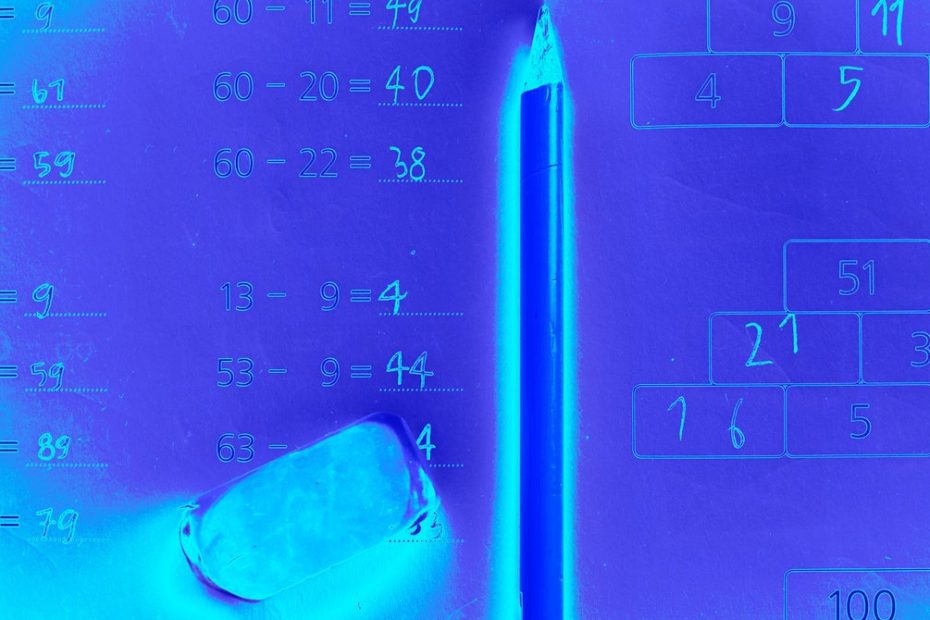ChatGPT has already wreaked havoc in classrooms and changed the way teachers tackle writing assignments since OpenAI made its generative AI chatbot public in late 2022. School administrators rushed to detect AI-generated essays, and students, in turn, rushed to figure out how to hide their synthetic compositions. But by focusing on writing assignments, teachers allowed another seismic shift to occur on the periphery: Students began using AI more often to do math homework as well.
Right now, high school and college students across the country are experimenting with free smartphone apps that help them do their math homework using generative AI. One of the most popular options on campus right now is the Gauth app, which has millions of downloads. It’s owned by ByteDance, which is also the parent company of TikTok.
The Gauth app first launched in 2019 with a primary focus on mathematics, but quickly expanded to other subjects such as chemistry and physics. Its relevance has grown, topping smartphone download charts in the education category earlier this year. Students seem to love it. With hundreds of thousands of mostly positive reviews, Gauth has a favorable 4.8-star rating on the Apple App Store and Google Play Store.
All students need to do after downloading the app is point their smartphone at a homework assignment, printed or handwritten, and then check that all the relevant information is included in the image crop. Gauth’s AI model then generates a step-by-step guide, often with the correct answer.
In our tests on high school-level algebra and geometry homework samples, Gauth’s AI tool failed to produce A+ results and struggled with some graphing questions in particular. It performed well enough to earn a low B or high C average on the homework we gave it. Not perfect, but probably good enough to satisfy bored students who would rather spend their after-school time doing literally anything else.
The app struggled more with higher levels of math, such as Calculus 2 problems. Students who are further along in their learning journey may therefore find the current generation of AI homework apps less useful.
Yes, generative AI tools, based on natural language processing, are notoriously unable to generate accurate answers when faced with complex mathematical equations. But researchers are focusing on improving AI’s capabilities in this area, and an entry-level high school math class is probably well within reach of today’s AI homework apps. Will has even written about how researchers at Google DeepMind are thrilled with recent results from testing a math-focused large language model called AlphaProof on problems presented at this year’s International Math Olympiad.
To be fair, Gauth positions itself as an AI tutoring company that exists to “improve your homework” and help with tough problems, rather than a cheating tool. The company even goes so far as to post an “honor code” on its website that prescribes proper usage. “Resist the temptation to use Gauth in ways that violate your values or the expectations of your school,” the company’s website reads. So in essence, Gauth is implicitly acknowledging that impulsive teens might use the app for far more than the occasional downer, and wants them to make a pinkie promise to behave.
Before publication, a ByteDance spokesperson did not respond to a list of questions about the Gauth app when contacted by WIRED via email.

